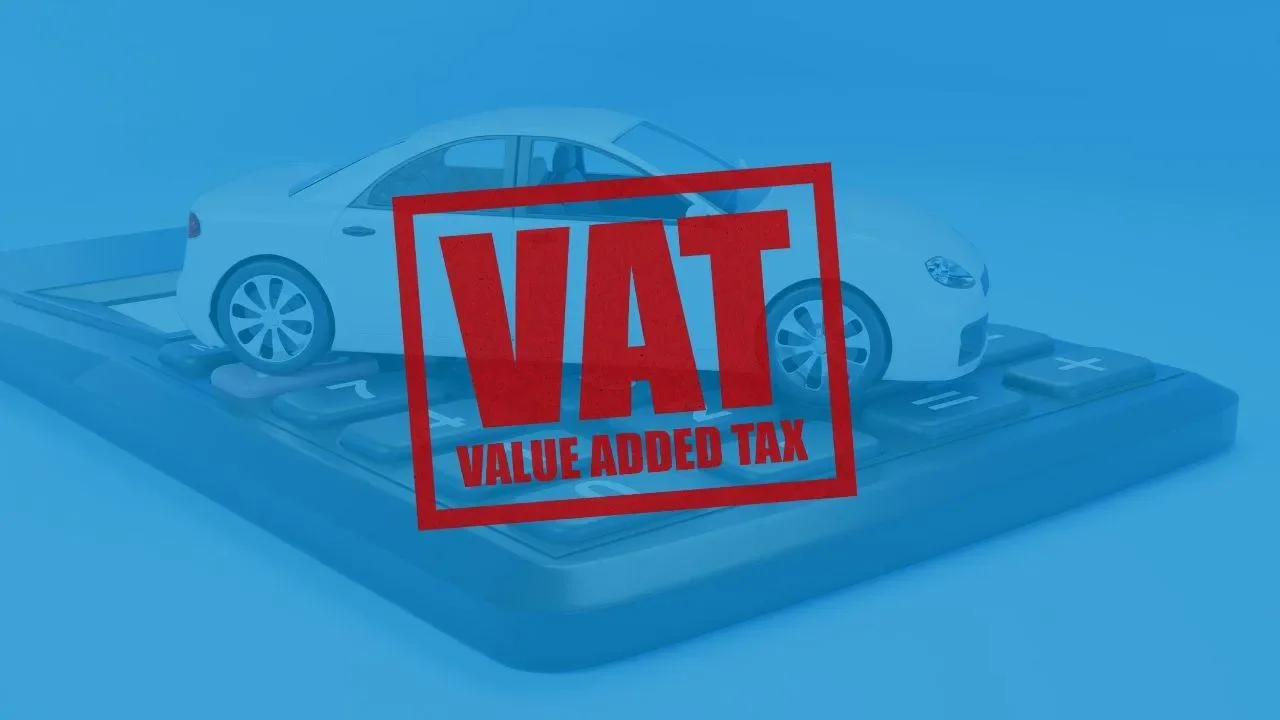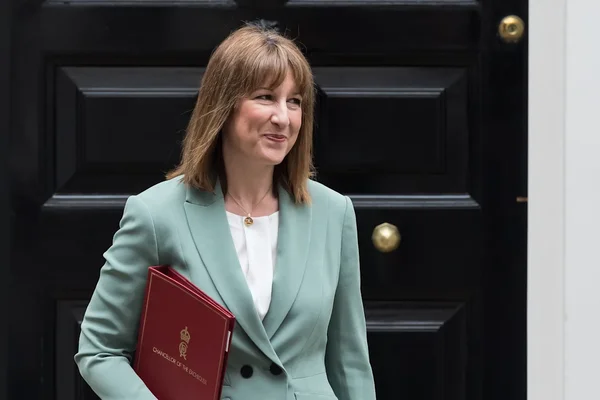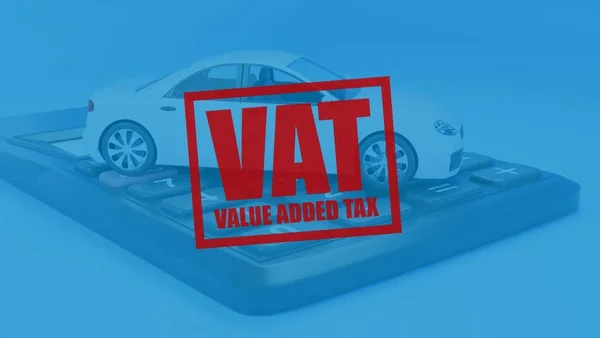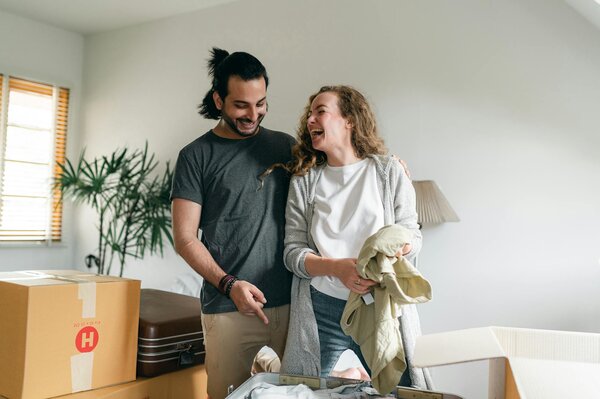Introduction
The UK High Court has determined that businesses may claim input VAT without original VAT invoices, provided they can supply comprehensive alternative evidence and demonstrate reasonable efforts to acquire the necessary documentation.
This significant judgement, delivered in September 2025, follows a legal dispute between Hotelbeds UK Ltd and HM Revenue & Customs (HMRC). The High Court clarified that HMRC’s policy must balance VAT neutrality and proportionality, fostering fair administration of the tax system.
Background to the Hotelbeds Case
Hotelbeds UK Ltd operates as a wholesale supplier, purchasing hotel accommodation from United Kingdom VAT-registered hotels and reselling it to travel firms. In alignment with standard industry procedures, the company often encountered difficulties obtaining valid VAT invoices from their hotel suppliers.
Despite making extensive efforts to collect the required documents, Hotelbeds found that the prevailing business practice made it challenging to secure all relevant invoices. These challenges served as the foundation for the subsequent dispute with HMRC regarding recoverability of input VAT.
Issue of Obtaining VAT Invoices
The difficulties experienced by Hotelbeds were further highlighted when HMRC accepted two initial Error Correction Notices (ECNs) from the company, based on alternative supporting evidence rather than the original VAT invoices.
However, HMRC subsequently refused two later ECNs, on the grounds that there had been a “systematic failure” by Hotelbeds to obtain proper invoices from suppliers. This discrepancy in HMRC’s approach led Hotelbeds to seek a judicial review.
The company maintained that it had followed all reasonable procedures to secure the necessary documentation, but had been hindered by factors beyond its control.
HMRC’s Approach and Legal Challenge
Hotelbeds argued before the High Court that HMRC had misapplied its discretionary powers under Regulation 29 of the VAT Regulations and had not adhered to published guidance, including VAT Notice 700 and the HMRC Statement of Practice.
The case hinged not only on whether HMRC’s interpretation was appropriate, but also whether it should accept robust alternative evidence in place of actual VAT invoices where obtaining those invoices was not possible.
The guidance cited by HMRC primarily addresses cases involving invalid invoices, but did not explicitly cover scenarios in which no invoice exists.
High Court’s Decision and Rationale
The High Court ruled in favour of Hotelbeds, concluding that HMRC’s refusal to accept the alternative documentation was unlawful. The Court found that the taxpayer had made reasonable efforts to obtain the invoices and that the alternative evidence provided sufficiently demonstrated the input VAT paid.
The judgement stated that HMRC’s discretionary authority does extend to situations with no available invoice, provided claims are supported by robust evidence and reasonable attempts have been made to obtain original documents.
The Court stressed that the principles of VAT neutrality and proportionality must be upheld, and that, in the absence of fraud or risk to the Exchequer, input claims should not be unreasonably denied.
Implications for VAT Recovery Practice
This ruling introduces greater clarity for both businesses and HMRC regarding evidence requirements for VAT recovery. It reinforces an expectation that HMRC must evaluate each case fairly and take into account the practical realities faced by companies in certain sectors.
The decision also highlights the importance of ensuring that VAT recovery rules are not applied so strictly that they undermine the fundamental principle of VAT neutrality, which is designed to avoid placing unnecessary burdens on businesses or distorting competition.
Final Summary
The judgement in Hotelbeds UK Ltd v Revenue and Customs marks an important development in UK VAT administration. It confirms that businesses may, under appropriate circumstances, recover input VAT based on alternative documentary evidence when invoices are unobtainable, so long as reasonable steps to obtain those documents have been demonstrated.
This requirement for fair, proportionate application of VAT law strengthens procedural safeguards for taxpayers and clarifies HMRC’s obligations to assess claims on their merits. Businesses are encouraged to keep complete records and robust documentation when original VAT invoices cannot be secured.
For those wanting to track future changes in HMRC’s VAT guidance and compliance considerations, digital tools such as the Pie app may offer ongoing updates.











